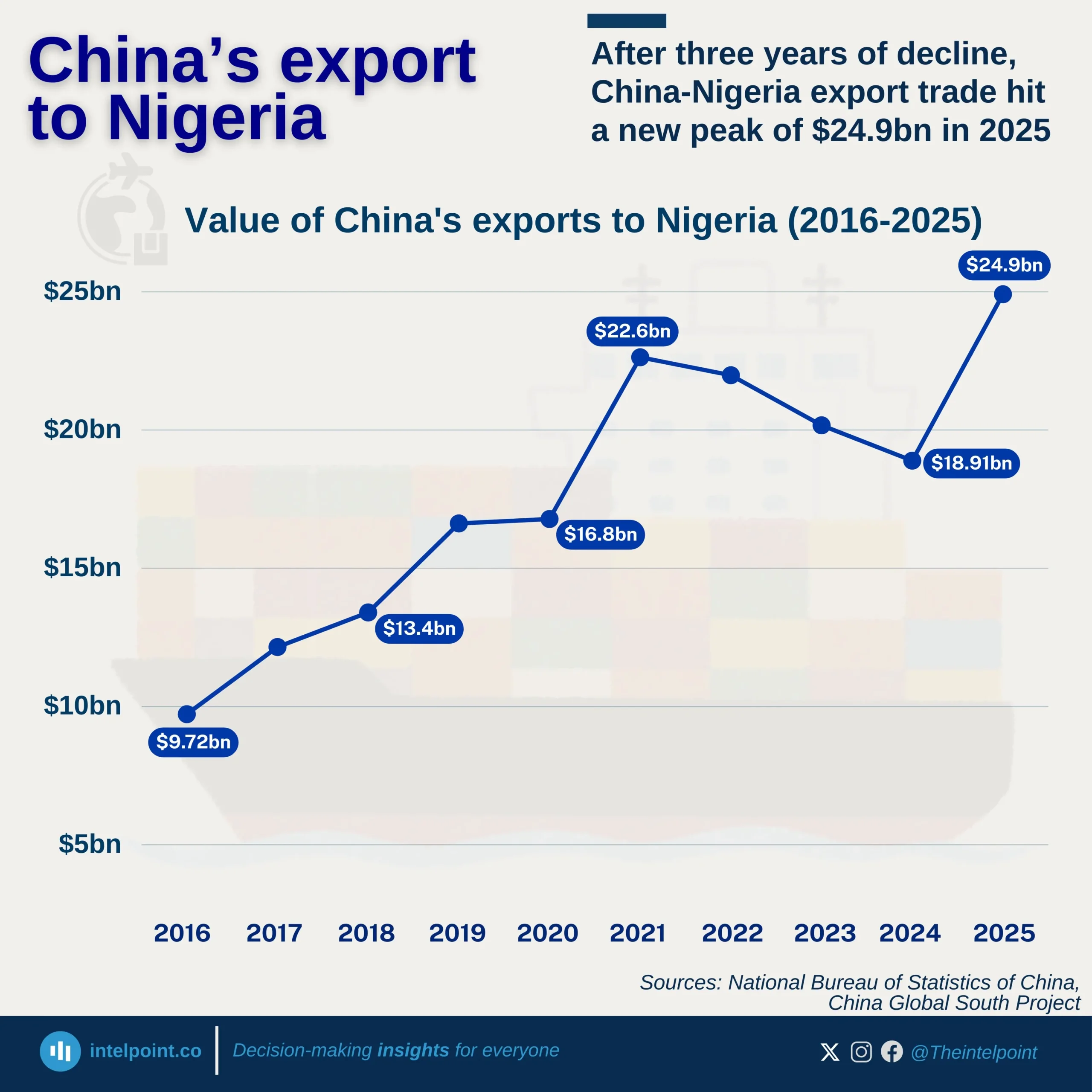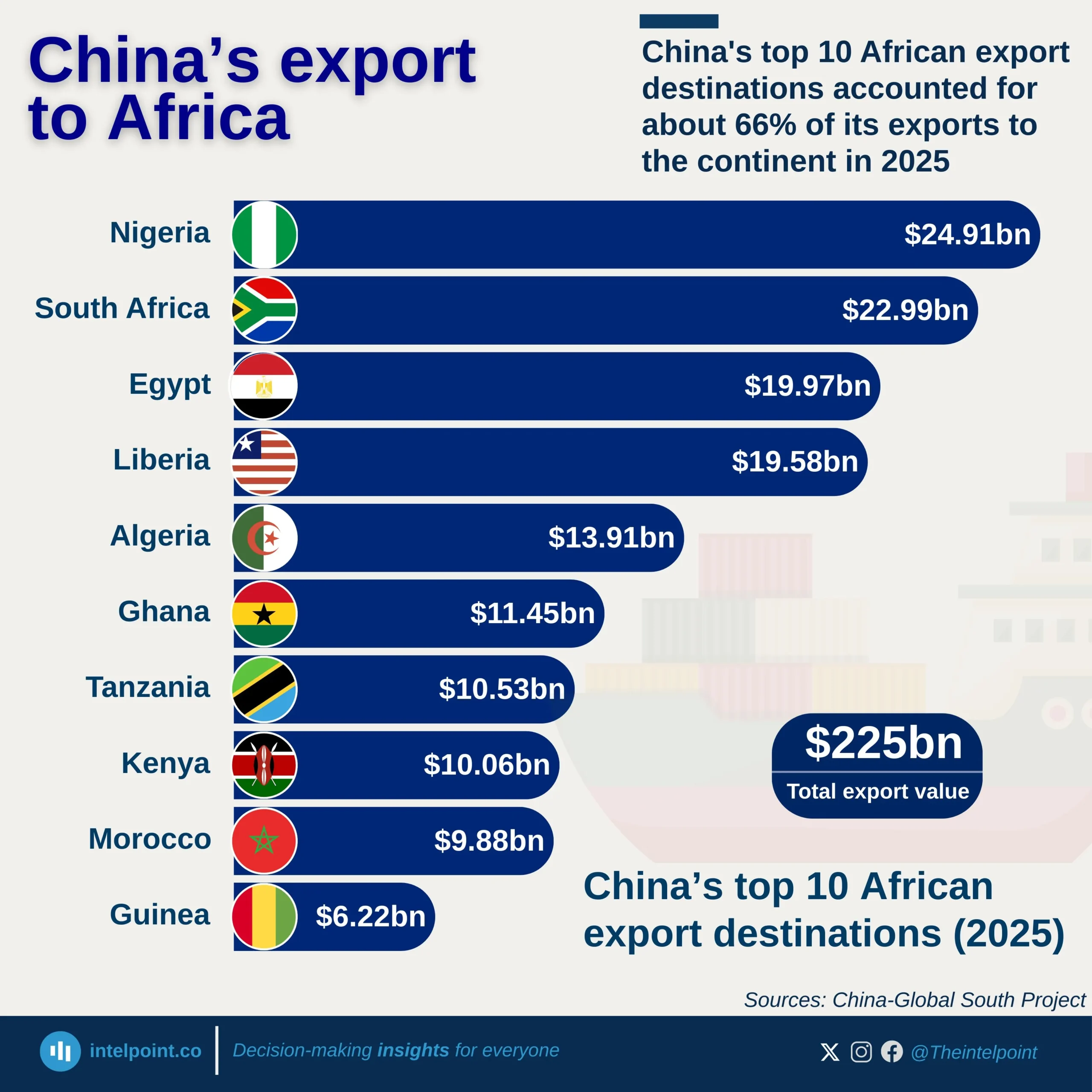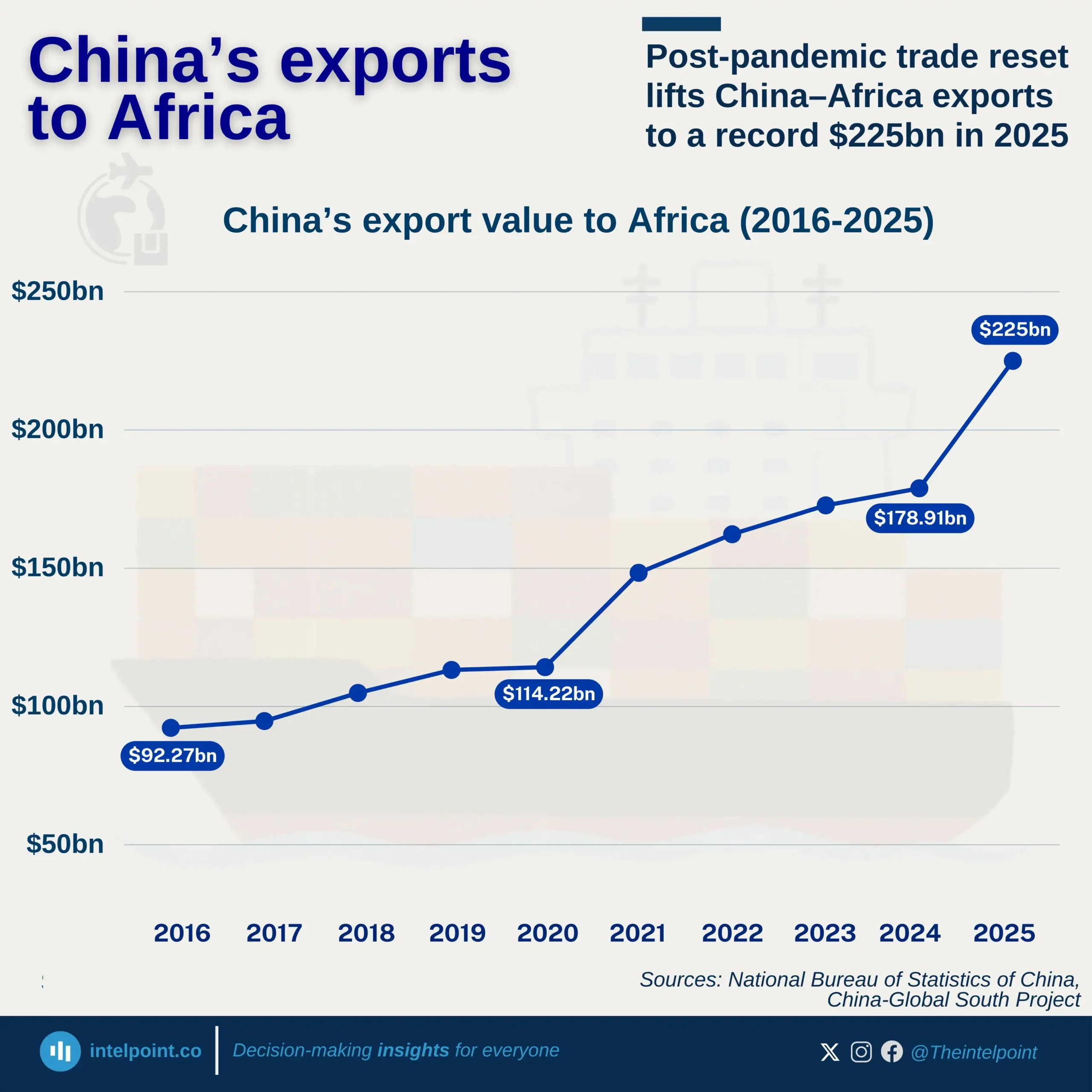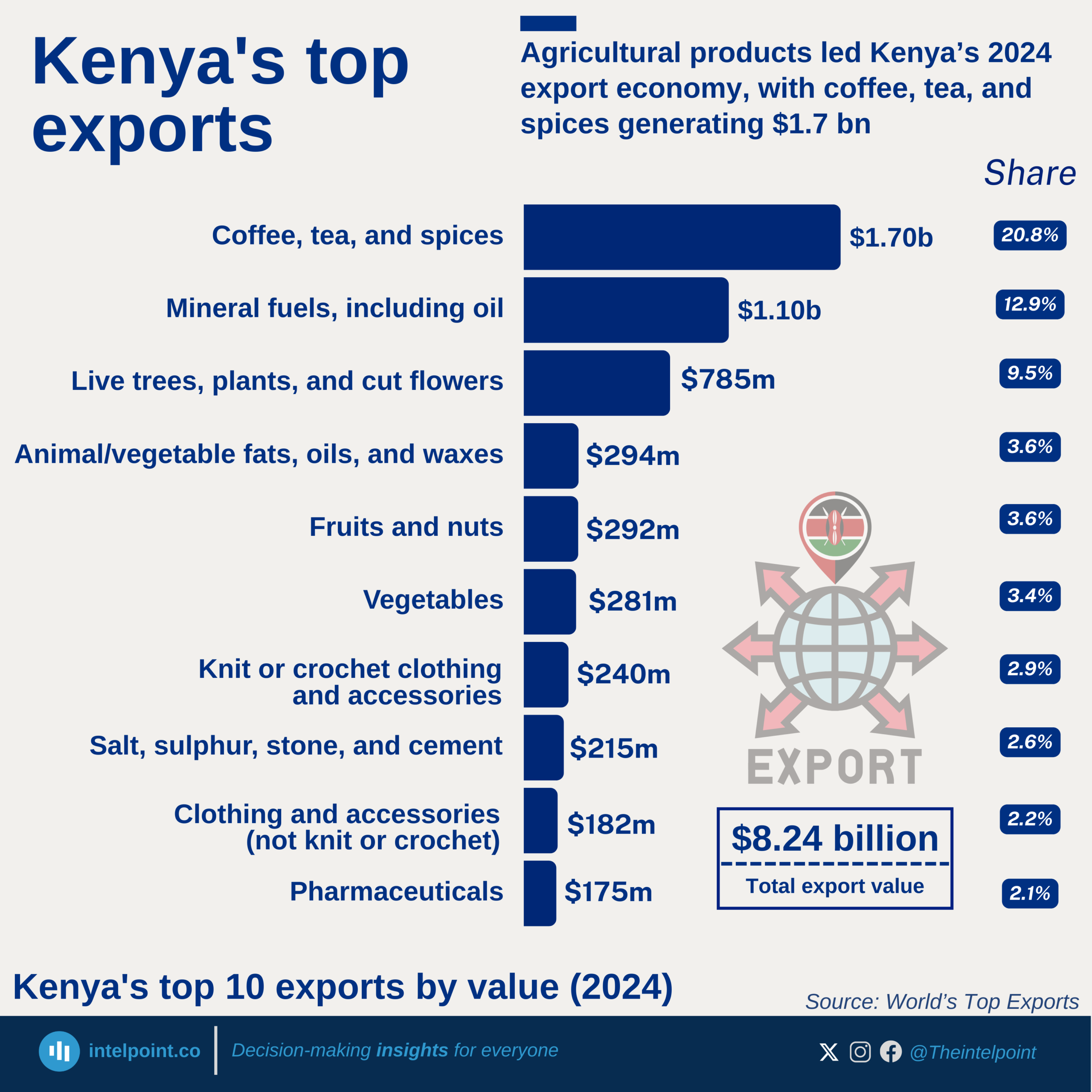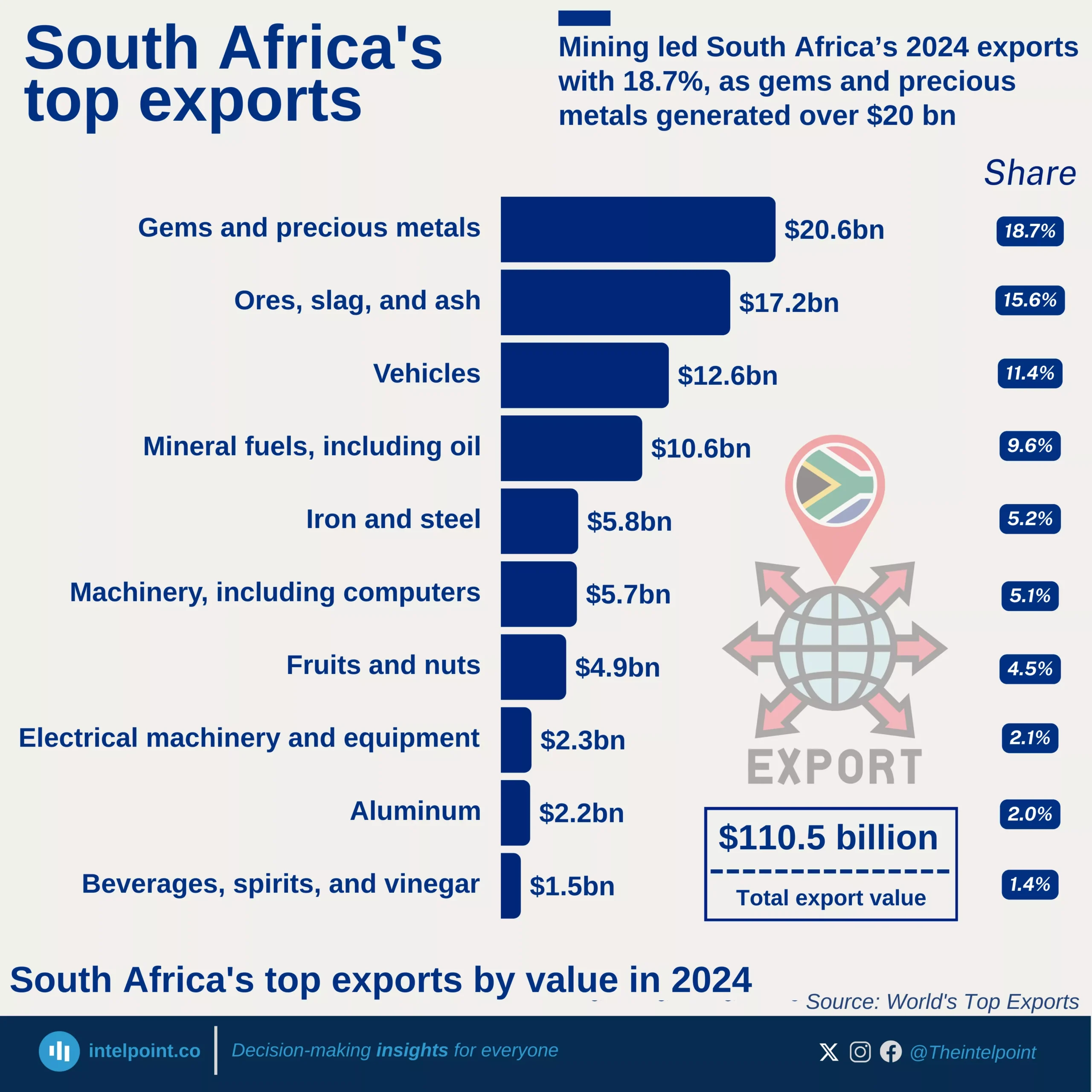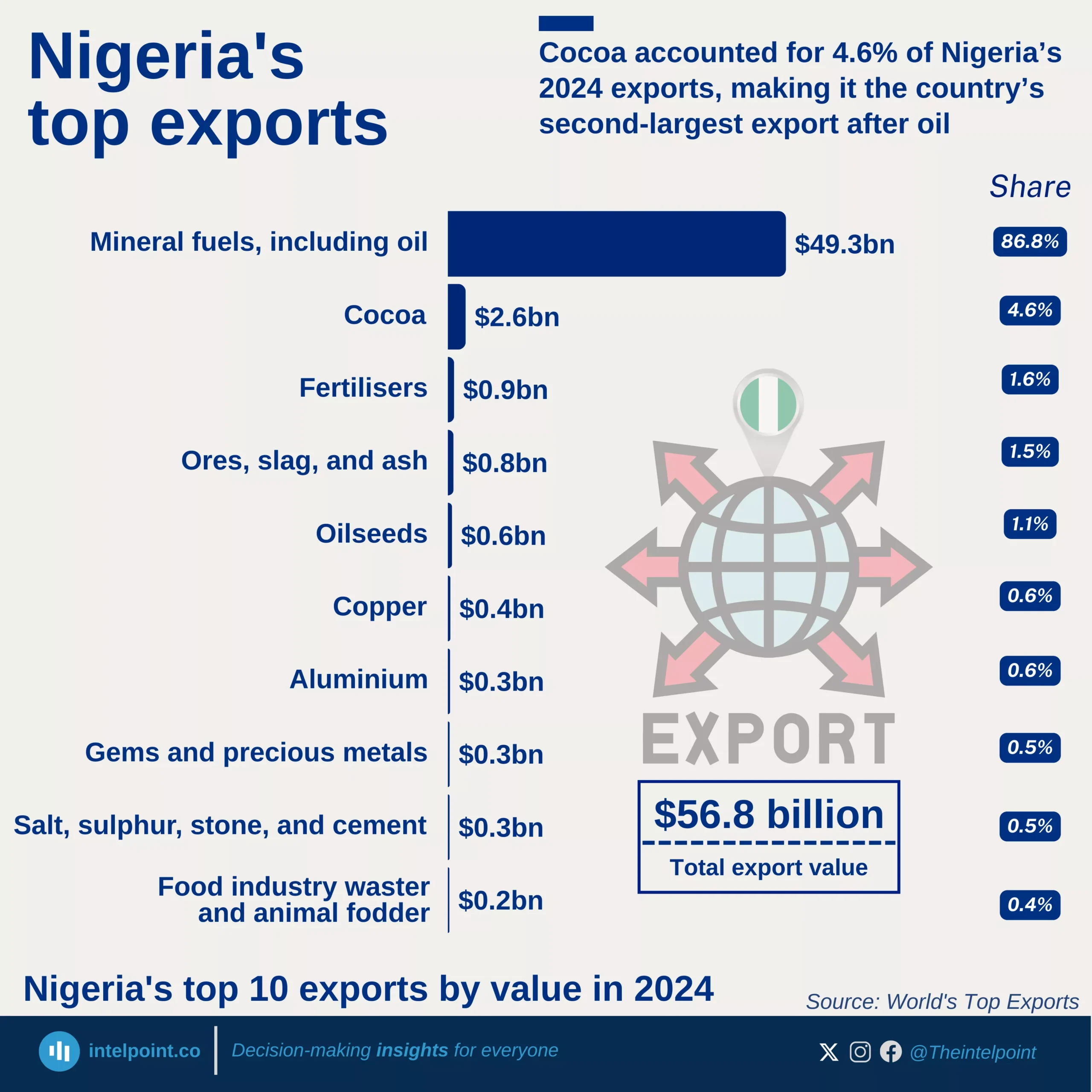Nigeria’s agricultural trade has seen a remarkable shift over the past eight years, with agricultural imports dropping sharply from 83.9% in 2017 to just 42.9% in the first half of 2025. This decline marks a significant turnaround, as exports now account for the larger share of agricultural trade — rising from 16.1% in 2017 to 57.1% in H1 2025.
